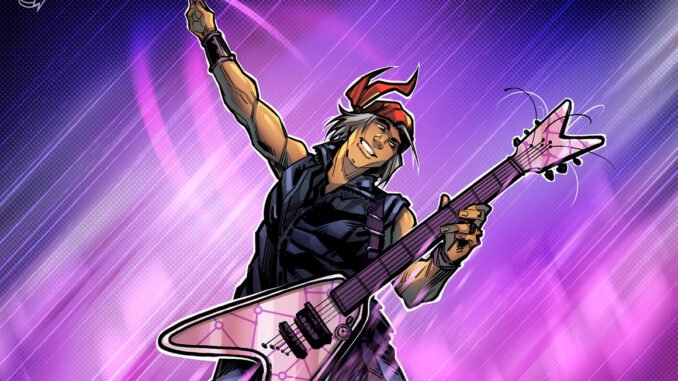
[ad_1]

The revolution will not be televised — it will be minted. Earlier this year, we saw the meteoric rise (and fall) of nonfungible tokens, or NFTs, in mainstream media and popular culture. We all heard about them, but was the hype real? Top businessmen and media moguls, such as Mark Cuban and Gary Vee, still strongly advocate NFT use and the role smart contracts will play in the near future, while each week new NFT exchanges and drops continue to roll out. Jay-Z’s Twitter profile picture is an NFT CryptoPunk.
With or without the buzz, one of the most powerful and overlooked impacts of NFTs is on the music industry. NFTs have the power to change the game for independent artists by providing a new way to earn an income (while connecting with fans), and this kind of change has been long overdue.
Related: Beyond the hype: NFTs’ actual value is still to be determined
Music and musicians
There are a few aspects of NFTs that make them highly appealing for musicians. The first is financial: NFTs have been selling at extremely high prices. Superstar artists, like Kings of Leon and Steve Aoki, have sold NFTs for millions of dollars. Even lesser-known artists, such as Vérité and Zack Fox, have made tens of thousands of U.S. dollars selling NFTs. The artist Young and Sick had only 27,000 followers on Instagram when he sold an NFT for $865,000.
These numbers are incredible, especially when you compare them with the payout rate of streaming platforms. Streaming platforms have been one of the main revenue sources for musicians in the digital age, and became even more so during the COVID-19 pandemic last year when live show revenue dried up. The payout rates of these platforms, however, is still not very high. This has been a hot topic since their creation. Spotify pays out on average around $0.003 to $0.005 per stream. That equates to around $3,000 to $5,000 for 1 million streams, but 1 million is a large number for an independent artist.
In 2020, there were only 13,400 artists that generated more than $50,000 (the median wage for United States workers) of yearly revenue on Spotify. With these stats, you can see how NFTs start to look like a real opportunity — sell a song or a collectible and you can make more with one sale than you could your entire career from a streaming platform. NFTs can also provide a recurring revenue: They can be coded so that the original creator receives anywhere from 2.5% to 10% of a sale every time the token is resold. That’s quite nifty, indeed.
Related: Nonfungible tokens from a legal perspective
NFTs for musicians
For musicians, the other value of NFTs is their “unlockables” feature — basically, creators can include additional perks within the contract of an NFT. These can range from a one-on-one video call with a fan to shoutouts or physical products, or even giving away partial ownership of a song. This last case is unique, as now artists can treat songs as equity investments — they can create an NFT and give away 30% ownership of a song. This gives those contributing money a chance to get an actual return on their investment, while the artist gets money in their pocket. This is like a more rewarding version of a crowdfunding site.
Even in India, where I live, NFTs and cryptocurrency are gaining in popularity. Currently, over 15 million people in India hold around $6.6 billion worth of cryptocurrency. Visual artists in India have started making the jump to the NFT metaverse by selling 2D and 3D art pieces. Back in May, a South Indian musician sold an NFT of a demo of his for $200,000 (15 million rupees) — that’s crazy. There is still a lot to be explored in the NFT space, but the potential is there. The high value and unique rewards system that NFTs offer is a revolutionary opportunity for musicians — one that I definitely recommend checking out.
This article does not contain investment advice or recommendations. Every investment and trading move involves risk, and readers should conduct their own research when making a decision.
The views, thoughts and opinions expressed here are the author’s alone and do not necessarily reflect or represent the views and opinions of Cointelegraph.
Jay Kila is an international hip-hop artist who lives in Mumbai, India. Originally from New York City, his music combines witty lyrics with crisp delivery to create party anthems. His work has been featured in Rolling Stone India, Desi Hip-Hop, Hello Magazine, as well as on The Today Show. He just released the first hip-hop NFT EP from India called No Free Tracks.
[ad_2]
Source link

Be the first to comment